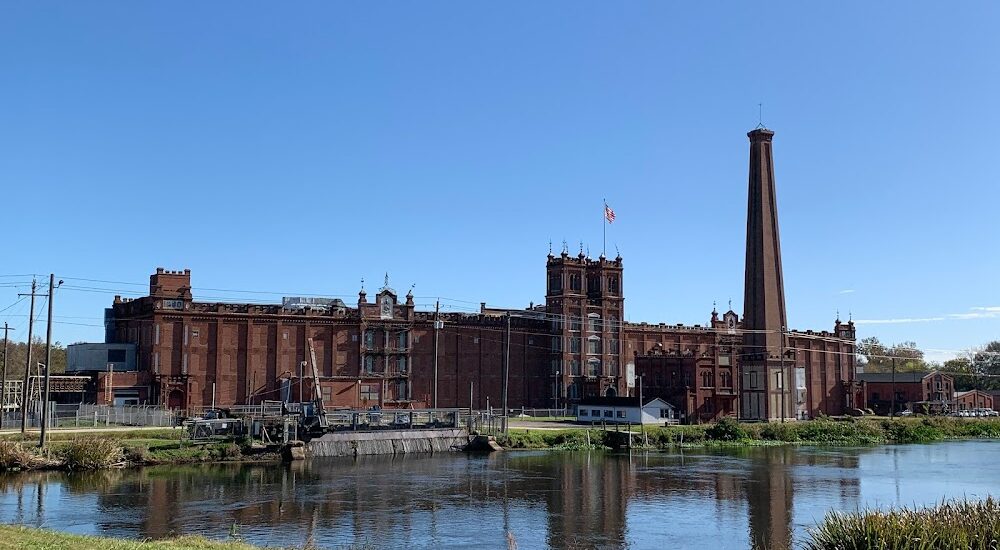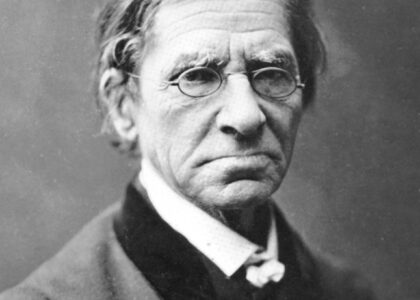Welcome to the Confederate Powder Works Chimney, a towering relic of Augusta, Georgia’s Civil War history. As you approach this solitary chimney, you’re stepping back into a time when Augusta played a pivotal role in the Confederate war effort. This chimney is not just a brick structure but a reminder of the immense industrial efforts that took place during the Civil War.
In 1861, Colonel George Washington Rains was tasked by Confederate President Jefferson Davis to establish a national gunpowder manufacturing facility. Augusta was chosen for its strategic inland location, protected from Union forces, and its access to the Augusta Canal, which provided essential water and transportation resources. Construction of the Confederate Powder Works began swiftly, and within just seven months, the facility was operational.
The Powder Works was a marvel of its time, stretching over two miles along the canal and comprising 26 buildings. It was the only permanent structure commissioned by the Confederate government and became the second-largest gunpowder factory in the world, producing nearly 3 million pounds of gunpowder by the war’s end. This gunpowder was critical to the Southern war effort, supplying Confederate troops across the battlefield.
Despite the Confederate defeat, the chimney was spared from destruction at the request of Colonel Rains. In 1879, it was designated a Confederate memorial by the Confederate Survivors Association of Augusta. Today, it stands as the only remaining structure of the original Powder Works and a monument to the Confederacy’s industrial past.
Augusta itself was a significant Confederate hub, untouched by General Sherman’s infamous March to the Sea. The city prepared for battle, fortifying sites like Magnolia Cemetery, which now serves as the resting place for many Confederate soldiers and generals.
The story of the Confederate Powder Works and its chimney is a tale of industrial prowess, wartime desperation, and historical preservation. As you stand here, imagine the bustling activity of the powder mills, the clamor of production, and the silent determination of those who worked tirelessly to support their cause.






